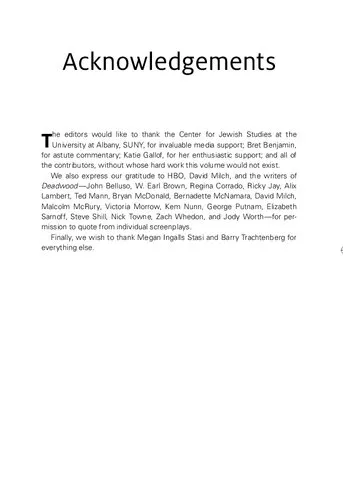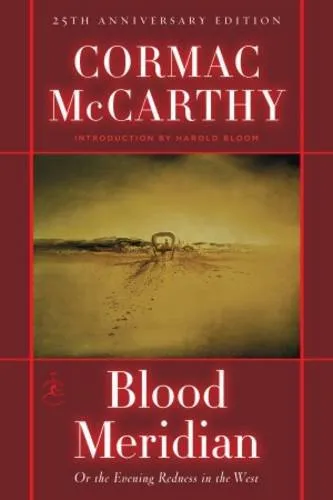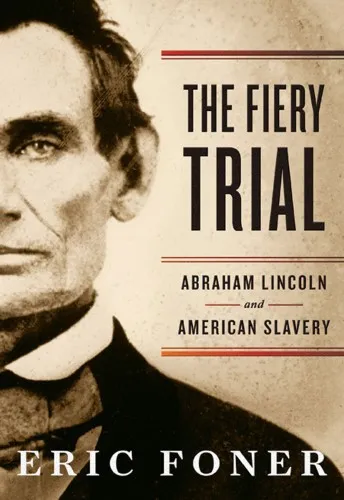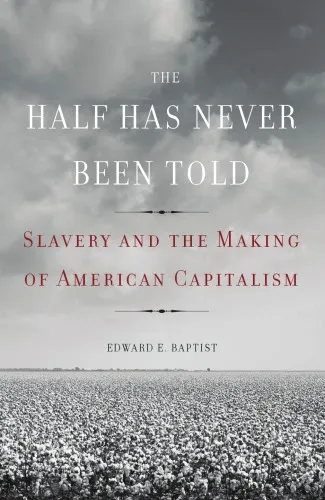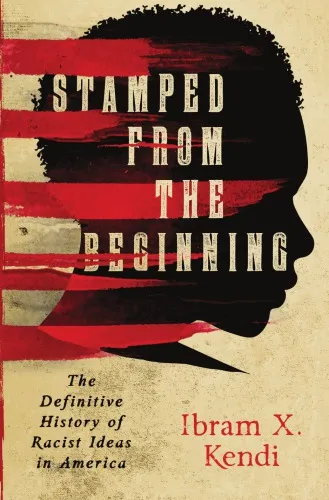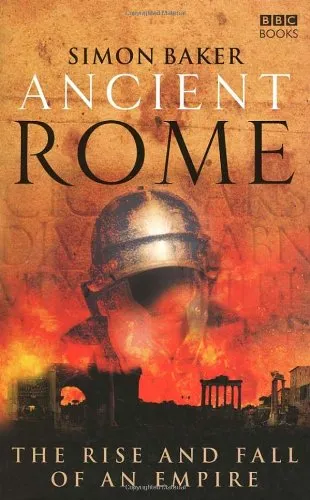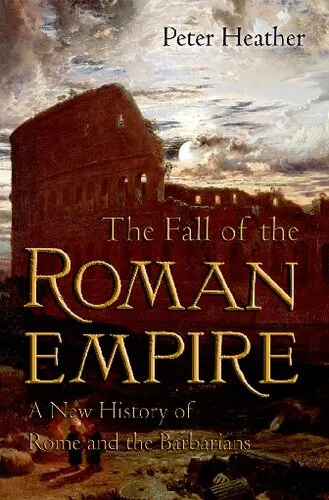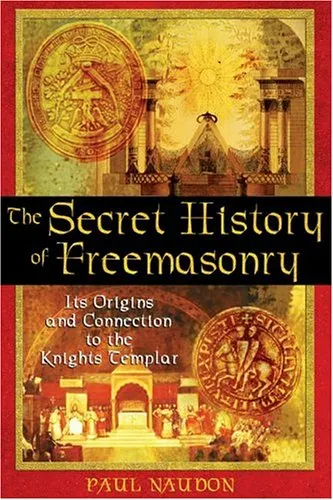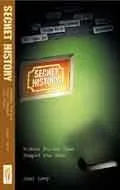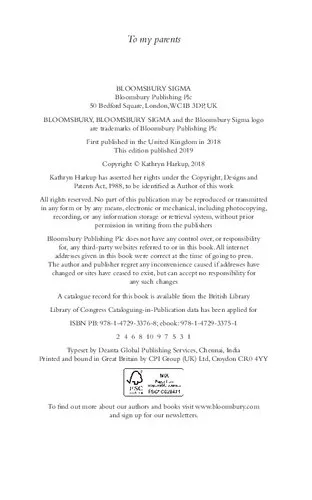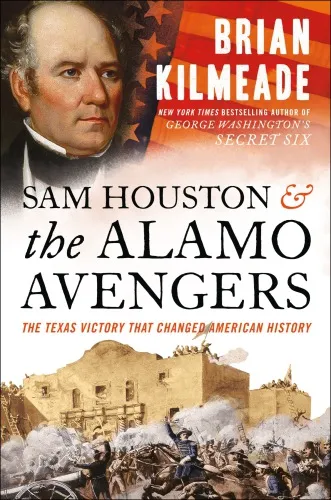The Last Western: Deadwood and the end of American empire
4.3
Reviews from our users

You Can Ask your questions from this book's AI after Login
Each download or ask from book AI costs 2 points. To earn more free points, please visit the Points Guide Page and complete some valuable actions.Related Refrences:
Welcome to the vivid exploration of the American West through the critical lens of "The Last Western: Deadwood and the End of American Empire," a compelling examination of cultural narratives crafted around the celebrated HBO series, "Deadwood." In this introduction, we delve into how the series offers an insightful critique of American capitalism, the mythos of the frontier, and the decline of Western imperial prowess. As we navigate through this engaging analysis, you will find detailed summaries, key insights, famous quotes, and the significance of this work.
Detailed Summary of the Book
"The Last Western: Deadwood and the End of American Empire" serves as an academic exploration of the HBO series "Deadwood," set during the historical period of the late 1800s in the lawless frontier town of Deadwood, South Dakota. The book argues that the series acts as a critical lens through which we can view the transformation and eventual decline of the American Western narrative, highlighting themes such as capitalism, anarchy, and morality.
Deadwood, as depicted in the series, is more than a mere backdrop of Western expansion; it becomes a microcosm of American society itself. The town's chaotic nature and unregulated economic system serve as metaphors for the unchecked capitalism that characterizes much of American history. Through character studies and narrative progression, the book examines the relationship between economic systems and social morality, positing Deadwood as a reflection of modern-day American anxieties about the legacy of its empire.
Key Takeaways
- The series "Deadwood" offers a critical perspective on the myths of the American frontier and embodies the transition from mythic heroism to economic pragmatism.
- The characters symbolize the complexity of American identity, with personal stories reflecting broader social and political themes.
- The analysis reveals how narratives of the Western genre can be deconstructed to reveal underlying truths about empire and its discontents.
- The book emphasizes the cyclical nature of history, drawing parallels between Deadwood’s historical setting and contemporary societal issues.
Famous Quotes from the Book
"Deadwood meticulously traces the fading shadow of American might, set against the backdrop of a town that refuses to be tamed."
"In Deadwood, lawlessness is not an absence of order, but the genesis of a new, albeit flawed, societal structure."
Why This Book Matters
"The Last Western: Deadwood and the End of American Empire" is a vital piece of scholarship for anyone interested in American cultural studies, television criticism, or history. It provides a nuanced understanding of how popular media can reflect and critique the historical and cultural ideas that shape contemporary socio-political landscapes.
By dissecting the layers of narrative and character development in "Deadwood," readers gain insights into the construction of American identity and the unresolved tensions wrought by conquest and capitalist expansion. This book elevates the discourse surrounding television as a powerful medium, capable of challenging dominant historical narratives and offering alternative viewpoints on the legacies of empire. It is an essential read for those looking to explore the complexities of how stories shape and, in turn, are shaped by the unfolding story of a nation.
Free Direct Download
You Can Download this book after Login
Accessing books through legal platforms and public libraries not only supports the rights of authors and publishers but also contributes to the sustainability of reading culture. Before downloading, please take a moment to consider these options.
Find this book on other platforms:
WorldCat helps you find books in libraries worldwide.
See ratings, reviews, and discussions on Goodreads.
Find and buy rare or used books on AbeBooks.
1398
بازدید4.3
امتیاز0
نظر98%
رضایتReviews:
4.3
Based on 0 users review
Questions & Answers
Ask questions about this book or help others by answering
No questions yet. Be the first to ask!
